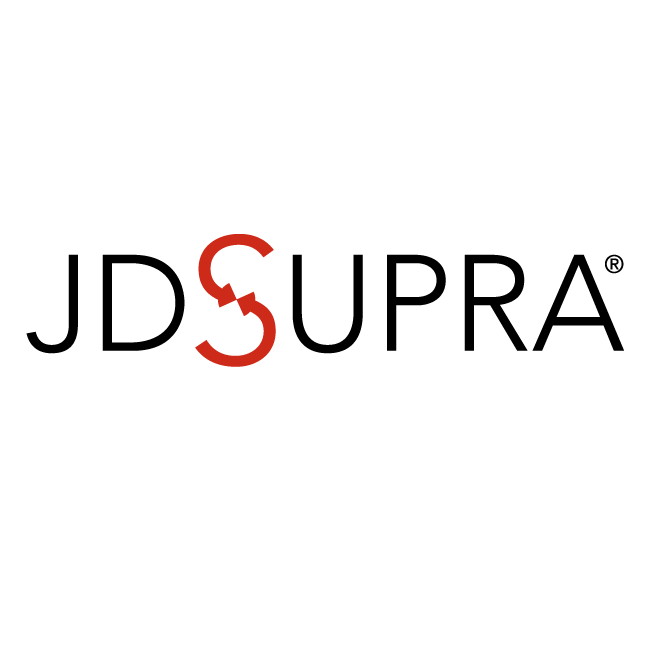Will Bankers = Law Enforcers on 5/11/18? – JD Supra.
On May 2016, FinCEN issued a “Fifth Pillar” of Customer Due Diligence (CDD) calling it the “CDD Rule”, which currently takes effect on May 11, 2018. The CDD Rule applies to Covered Financial Institutions (federally regulated banks, federally insured credit unions, mutual funds, brokers or dealers in securities, futures commission merchants, and introducing brokers in commodities). Covered Financial Institutions are responsible for detecting, monitoring, and reporting suspicious money laundering and illicit activities and “share the information” with law enforcement agencies.
Under the Bank Secrecy Act (BSA), the Financial Crimes Enforcement Network (FinCEN) has the legal authority to impose Anti Money Laundering (AML) program requirements on financial institutions and requires AML procedures to ensure compliance with the BSA and its implementing regulations.
The Fifth Pillar of the CDD Rule requires Covered Financial Institutions to obtain, verify, and record the identities of the ultimate natural person beneficial owners of legal entity customers. According to FinCEN, “the beneficial ownership requirement will address this weakness and provide information that will assist law enforcement in financial investigations, help prevent evasion of targeted financial sanctions, improve the ability of financial institutions to assess risk, facilitate tax compliance, and advance U.S. compliance with international standards and commitments”.
Ultimate beneficial ownership consists of both an ownership and a control prong. The ownership prong is each individual who, directly or indirectly, owns 25 percent or more of the equity interests of a legal entity. The control prong is a single individual with responsibility to control, manage or direct a legal entity customer. This includes the CEO, CFO, COO, a managing member, a general partner a VP or a Treasurer or any other individual who regularly performs similar functions.
FinCEN has stated that the CDD Rule serves many purposes by:
- enhancing the availability of beneficial ownership information to law enforcement, Federal functional regulators, and Self-Regulatory Organizations (SROs);
- increasing the ability of financial institutions, law enforcement, and the intelligence community to identify the assets and accounts of terrorist organizations, drug kingpins, and financial criminals;
- helping financial institutions to assess and mitigate risk and comply with existing BSA and related authorities;
- facilitating reporting and investigations in support of tax compliance, and advancing commitments made in connection with the Foreign Account Tax Compliance Act; and
- promoting consistency in implementing and enforcing CDD regulatory expectations across and within financial sectors.
The inclusion of law enforcement in the CDD Rule permits law enforcement to identify the assets and accounts of terrorist organizations, corrupt actors, money launderers, drug kingpins, proliferators of weapons of mass destruction, and other national security threats. Transparent corporate entities are less attractive to criminals and those who assist them. Law enforcement will be able to:
- Reduce search costs. Beneficial ownership information will be provided to law enforcement by covered financial institutions.
- Have access to Suspicious Activity Reports (SARs) and Currency Transaction Reports (CTRs) filed by covered financial institutions which include beneficial ownership information.
- Use erroneous beneficial financial information as a proof of guilt when it is submitted at account opening.
- Benefit from deterrence factors as it becomes more challenging to maintain anonymity at account opening due to the collection and verification requirement.
- Follow the financial trails of transactions such as cross-border wire transfers for no evident reason.
- Examine financial activity changes in an account without explanation to the covered financial institution.
- Obtain key details about suspected criminals who use legal structures to conceal illicit activity and assets.
- Have access to identification information such as name, date of birth, and Social Security number.
Although the CDD Rule is not retroactive, if there are changes to the beneficial ownership information, an existing legal entity/bank relationship may require re-certification. Moreover, legal entities that that open new account(s), must provide another certification even if the legal entity has an existing relationship with the institution. Bank examiners will be looking for evidence that Covered Financial Institutions are able to identify and verify the identity of an entity’s beneficial account owners, understand the purpose of the account(s) and report suspicious transactions.
https://www.jdsupra.com/legalnews/will-bankers-law-enforcers-on-5-11-18-67361/


